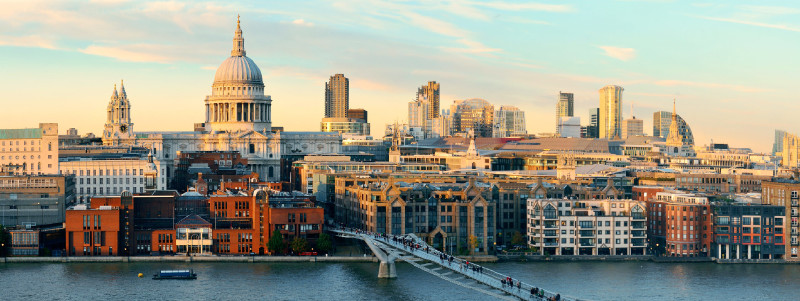
In London, renting property as a “short term sublet” has intensified the city’s housing crisis. The Institute for Public Policy Research (IPPR) showed that 11% of entire homes (2,444 properties) were offered as short-term rentals for more than six months of the year. Landlords prefer to offer their property to a series of short term tenants due to the high profitability, which leaves Londoners who need affordable property for the long-term with nowhere to go.
A new law passed in December 2016 attempts to manage this problem by limiting Airbnb hosts to renting their property for only 90 days. Those who need to rent for longer can apply for a “change of use” status from the local governing Council.
Airbnb Hit Hard By New Laws On Short Term Rentals As Landlords Find Work Arounds
This new law has the potential to cost Airbnb more than £325m pounds per year as it loses about 30% of its London bookings. According to The Independent which cites data from accommodation search engine AllTheRooms, London is the company’s second-biggest market worldwide.
Landlords who want to continually rent their property as a short-term rental are getting around the law by changing the listing so it appears to be for a different home, which has rendered the law ineffective in its first year on the books. As one industrious landlord put it, “I’ll just carry on as before. When the 90-day rule comes up, I’ll re-register the homes I have so it looks like they’re different homes… a few metres away. I know many other landlords planning to do the same thing.”
Despite the ineffectiveness of the law, seven London boroughs, including Camden, Hammersmith, Haringey, Islington, Lewisham, Waltham Forest, Westminster – want the law to be even tougher. Airbnb disputes that short-term subletting has minimal impact on the short-term rental market, yet the company is attempting to follow the law. This is predicted to send landlords who want to skirt it to other rental services.
